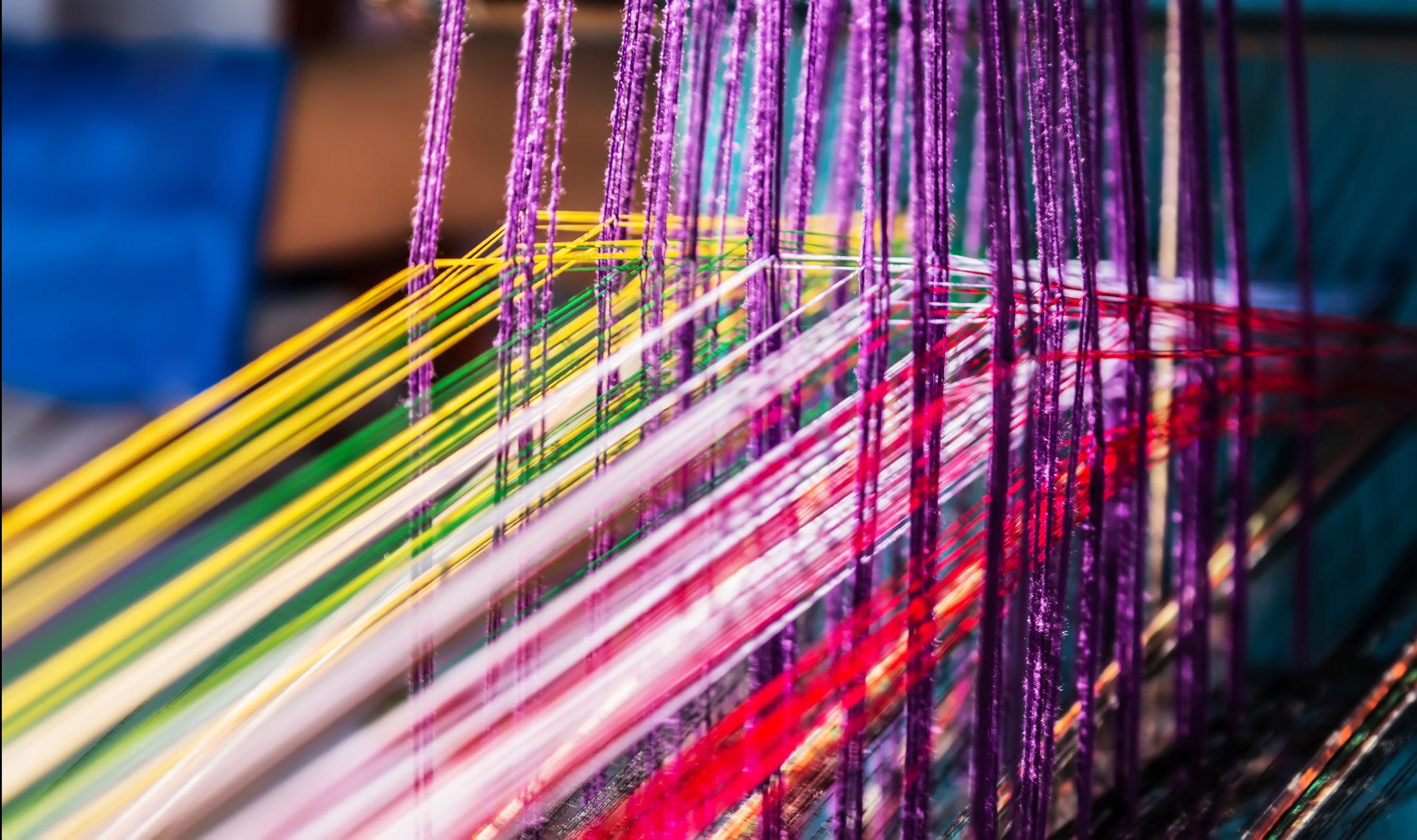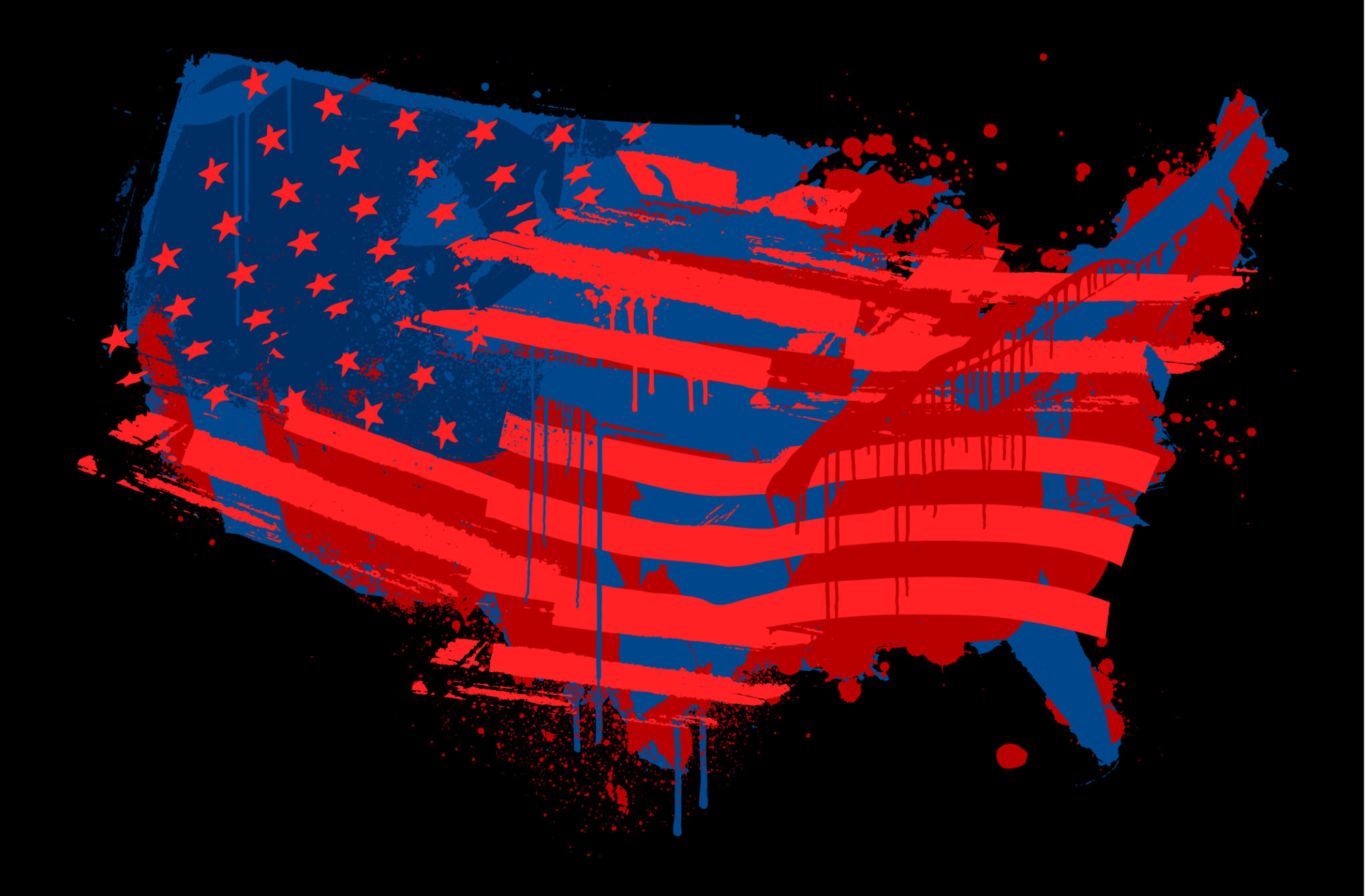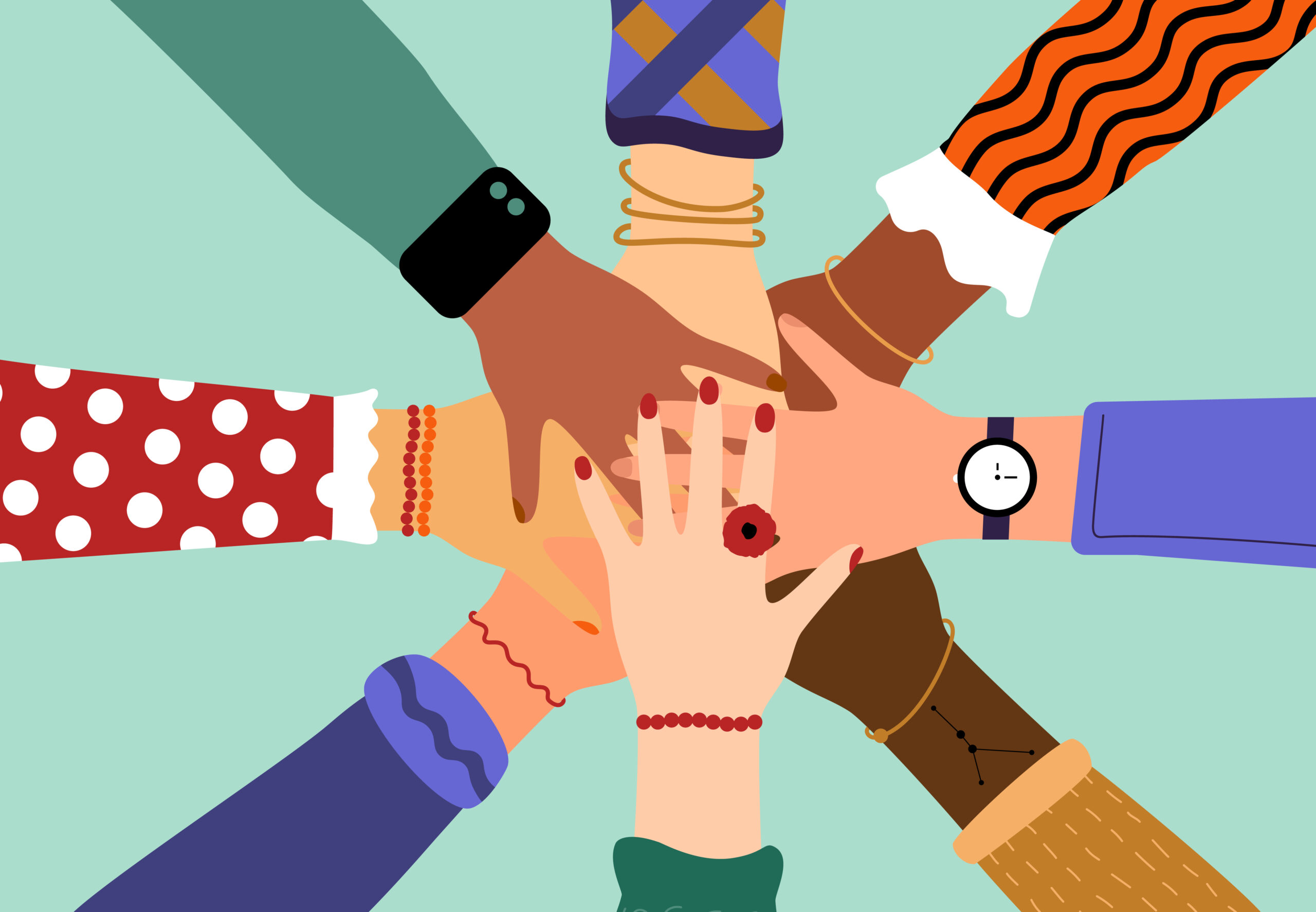Category: Audio/Video

Presenting Horizons Presents
There are two types of people in the world, those that like podcasts and those that do not. If you’ve checked out any of our VISTAS, then you know that...

Meet the Horizons Team!
The Horizons team is made up of experienced organizers, facilitators and trainers with a deep commitment to prioritizing relationships with all our partners. We look forward to finding ways to...

Good vs. Toxic Polarization: Insights from Activists and Peacebuilders
Polarizing narratives are key tools of nonviolent mobilization and social justice activism. But today, deep-seated polarization, exacerbated by a growing faction that rejects basic democratic norms and practices, threatens the...

Democracy Narratives and Sacred Values
What are the common values that underpin US democracy? What is the “big story” we all share about how society should work and how we fit together as citizens? In...

Facilitating and Training in Cross-Sector Movements: Turbo-Charging Efforts for Coordination and Collaboration
On September 14, 2022, The Horizons Project hosted a webinar to bring together movement trainers, facilitators, and organizers to discuss the current state of movement-building support in the US and...
